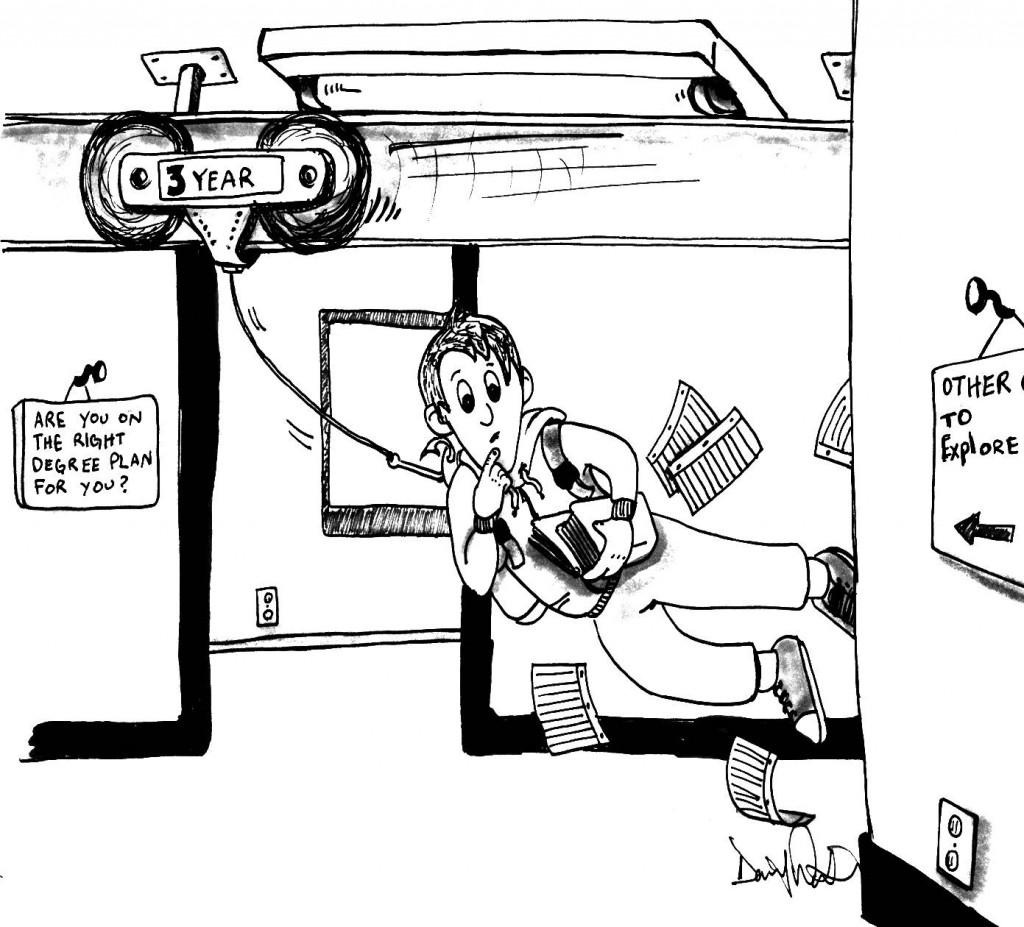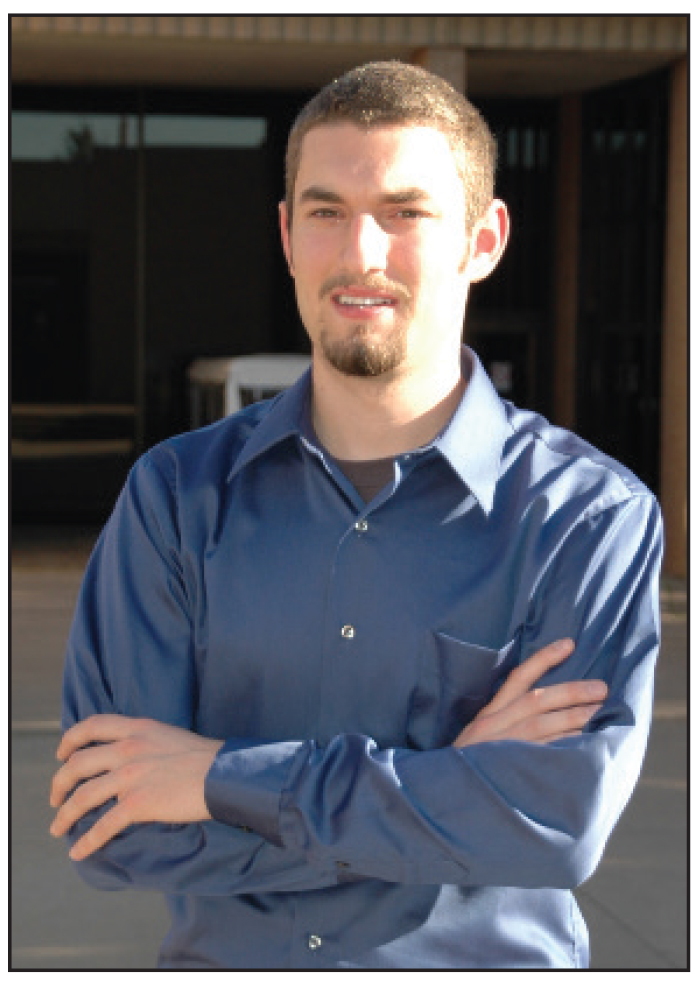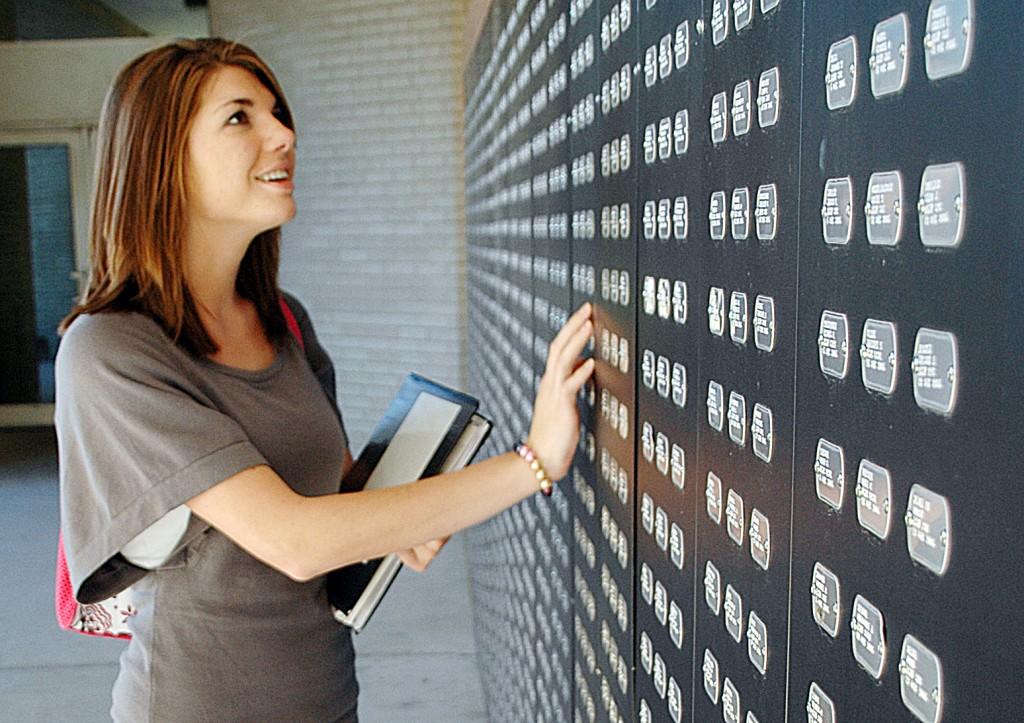By Shanda Block/entertainment editor
Velma Walker, a NE psychology professor, kicked off the Impact of Affluence on Individuals, Families and Community Life speech by telling the audience that “affluence” means how wealthy or rich a person is. It also refers to how people are compared to others, she said.
Walker then defined the term in her own words: “All who you are compared to and who you are in contrast to.”
Phi Theta Kappa, the International Honor Society, sponsored the speech held last week.
Walker, a professor at TCC for 38 years, continued her speech asking students if they would consider affluence good or bad. Then she told them an advantage and disadvantage of being affluent.
The advantage is if someone were a billionaire, that person could contribute to family life. The disadvantage is some people may not know proper ways of keeping their wealth.
Walker continued by telling the audience what her father told her.
“It’s not how much money you make that matters. It’s how much money you spend,” she said.
Walker also talked about a man winning $13 million in the lottery, but it ruined his life. It caused him unwanted fame. People broke into his house. Beggars and charities asked him numerous times for money.
On top of that, the man gave his 17-year-old granddaughter money, but she used it to get heavily into drugs. Just two years after he won the lottery, his granddaughter died.
Most people who come into money suddenly not only feel much less satisfaction than people who actually worked for their money, but they also have a greater chance of not knowing how to manage their money, Walker said.
People’s brains are not wired to be handed money, not to mention money doesn’t buy us happiness, but rather friends, family and relationships with people cause it, Walker added.
No matter how someone becomes affluent, there’s a vast difference in a person having money and money having a person, Walker said.
Student Janjura Williams said the speech made her reconsider the meaning of wealth.
“It made me think of affluence and how people use and misuse money, and how they allow money to use them instead of using money to do great things in life,” Williams said.
Amber Veytia, another attendee, said the speech affected her positively.
“It really made me think about what I would do if I did suddenly fall into some money, and who I would avoid,” she said.
Student Margarita Alcaraz said the speech would help her think about how to manage her money better and how she would live her life.
“It just refreshed how I already think of life and the future with money,” she said.
























